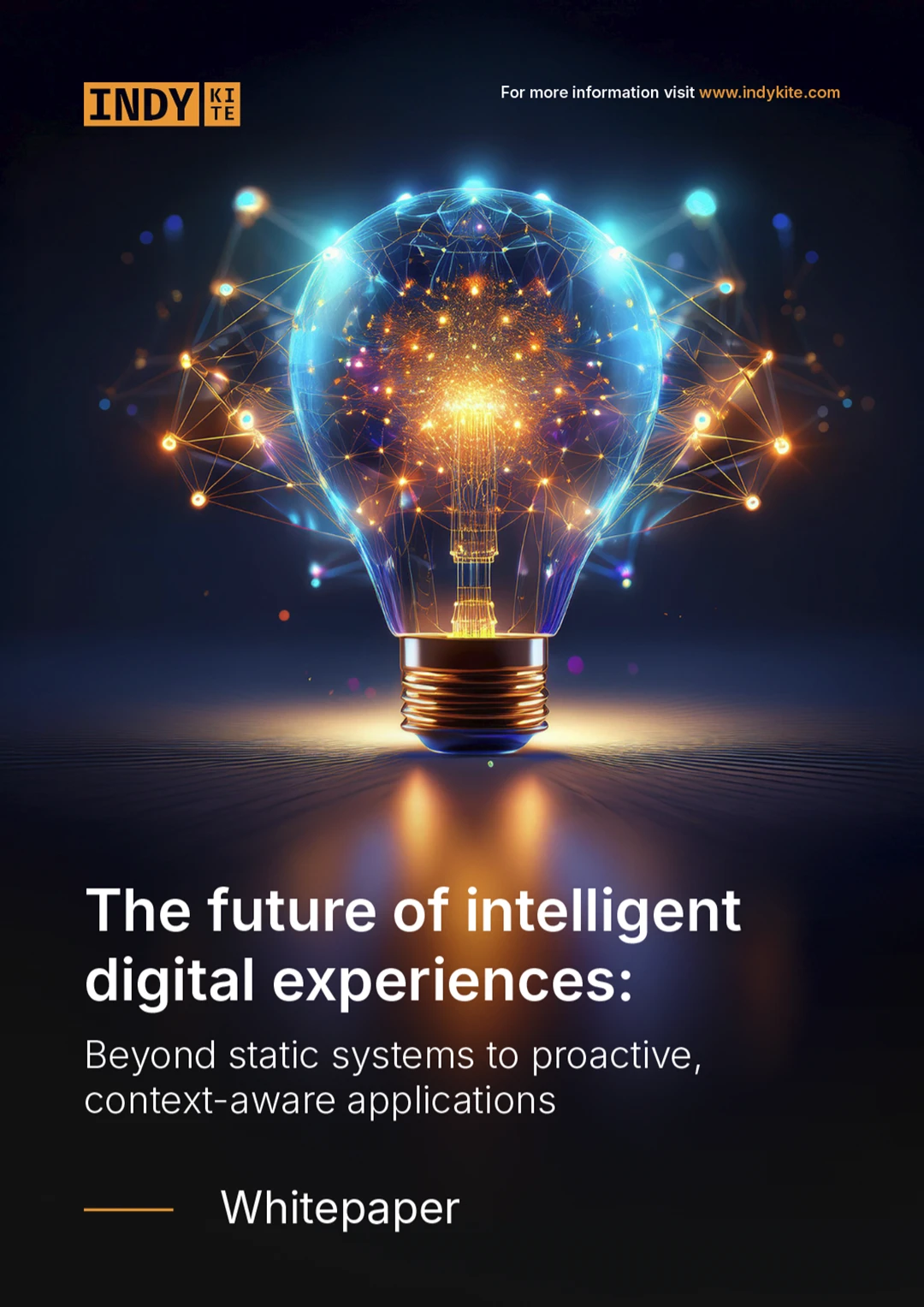The world continues to evolve, as do we and the technology we use to support our daily business activities. As we kick off 2023, here are our picks of the five major trends that will drive change this year.
1. Banking opens up
Open banking is a relatively new concept, but it has already begun to change the way we think about banking and financial services. Open banking relies heavily on APIs (more below on integration), which allow third-party developers to access banking data and services in a secure, standardized way. This is a major shift from the tightly restricted era of traditional banking. This will enable new players to enter the financial market, increasing competition with better products and services for consumers, while driving down costs. We will also likely see an innovation boom in this area as new players find novel ways of utilizing the data to create valuable services. Open banking will also mean that consumers gain more control over their financial data and more opportunities to share or restrict its use (more below on consent management).
2. Rise of the machines
There are already more devices/non-person-entities (NPEs) than people online, with another 75 billion on their way. This has major implications for service delivery and enablement, especially in personal service industries like healthcare. There are also major implications for data management and system architecture to facilitate the integration of these devices into legacy ecosystems. This will create pressure points for the systems that manage these devices, such as IAM, data utilization, orchestration and automation platforms.
3. Greater data utilization
What the first two trends point to is data and how it is generated, captured and utilized. The more data that can be effectively captured for further use the greater value it can offer an organization. But having access to more data is not a solution in and of itself. To gain value from that data requires custom modeling to understand patterns, and find ways it can be used. This could be for recommendations/personalization where we see massive progress in retail and entertainment, or it could be to design new systems from user patterns, or simply, to improve the existing service.
4. AI lands in a big way
Unless you live under a rock, you wouldn’t have missed the hype around Chat GPT. But Chat GPT is a beta example of what is possible here, and what is already in play. The impact this humble little tool will have can not be underestimated. It also shows brilliantly what is possible with AI and we haven’t seen anything yet with Chat GPT-4 on the way with 100 trillion parameters - which makes GPT look like a crumb by comparison. These tools are just an example of the readiness of AI which is already leading us directly into greater automation, freeing up employees to focus on more valuable work, and achieving efficiencies in the process. AI virtual assistants will also grow in popularity as the technology advances. AI will also be used to enhance current analytical capability (including predictive analytics) to drive business decisions - increasing data utilization opportunities - and we will also see this used to drive personalizations and threat identification as well.
5. Greater integration and interoperability becomes core requirement
A key piece of all these examples comes down to interoperability between services. Individual service providers are now under pressure to make sure their systems can organically co-exist with other platforms, easily share data and fit nicely within existing ecosystems. The winners with this trend will be not just the ones that make integration easy, but ones that get better with integration. Integration means more data and if that data can be harnessed and used to deliver value, businesses will experience more ROI on their previous investments. Technology that can do this will be increasingly popular, mounting pressure on interoperability becoming a core requirement for new software procurements.
The driving forces under these market trends of consensual data sharing, integration and value extension, are here to stay and at IndyKite, we are paying close attention. We want to build products and services that not only provide value and solve the problems of today, but also be positioned well to solve the challenges of tomorrow and those that might surface in the years ahead. To do this we are reimagining how Identity and Access Management can not only meet, but exploit these changes to create value for your business and customers.
Interested in learning more? Join us for the Upcoming Webinar - Identity Knowledge in Action: Utility Across the Value Chain.













